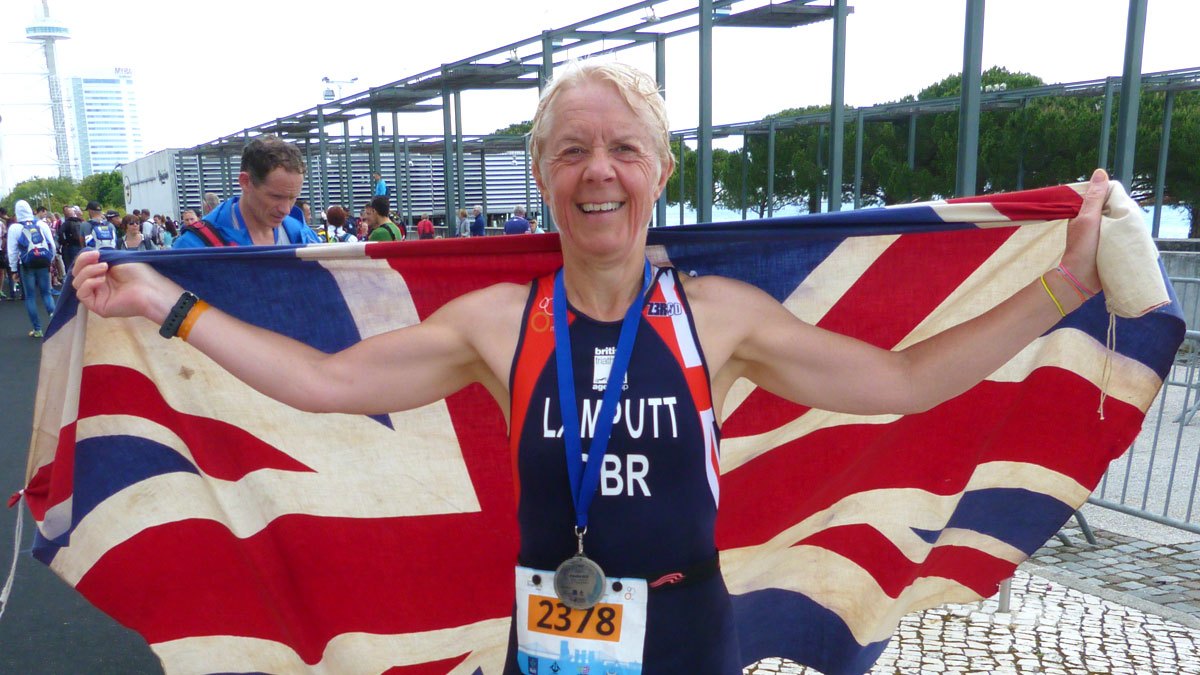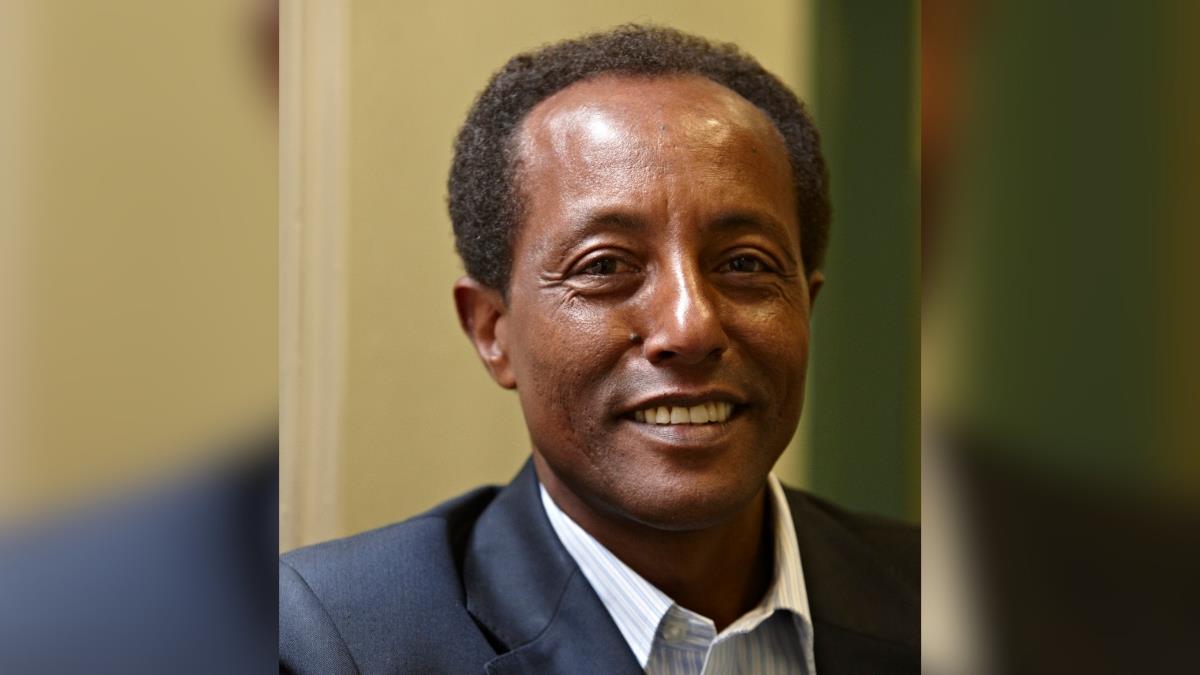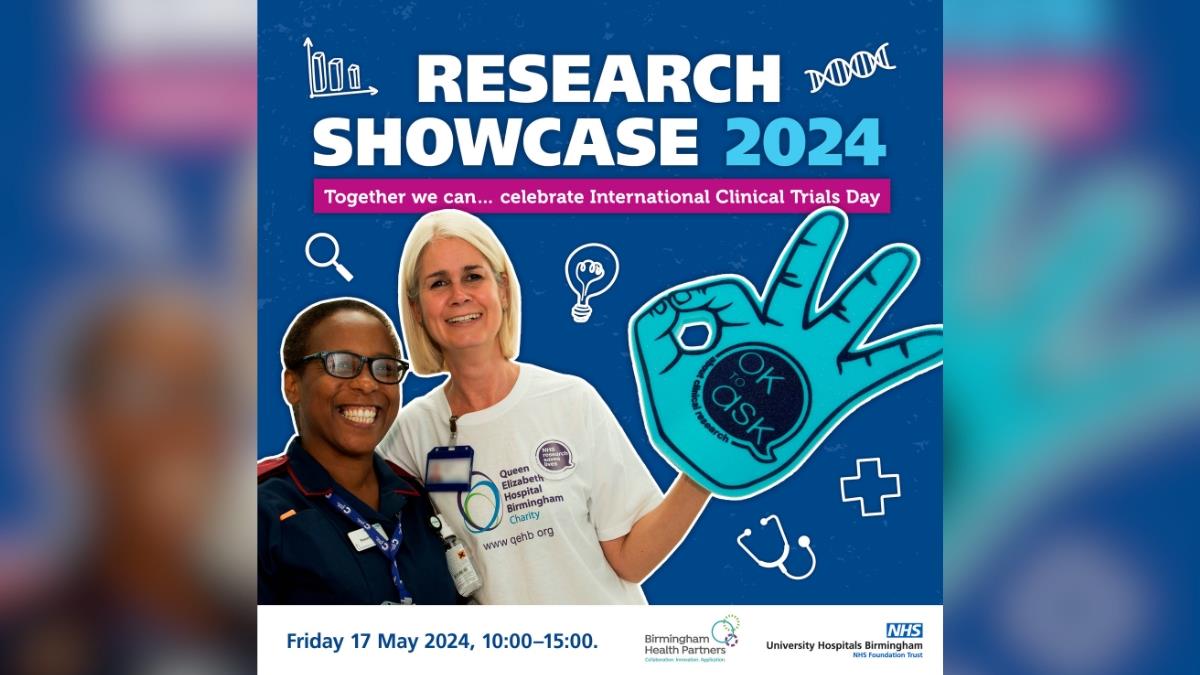Ground-breaking surgery for 65-year-old triathlete
Published on 03/03/2022

A 65-year-old triathlon competitor has successfully undergone robotic surgery to remove a tumour ‘the size of a kiwi’ from her mouth.
Alison Lamputt from Bridgnorth, Shropshire, underwent the novel surgical procedure at Solihull Hospital in mid-January 2022.
The parapharyngeal tumour is normally reached through hugely invasive and complex surgery, leaving a large neck scar, and occasionally with surgeons having to split a patient’s jaw. The procedure usually requires a seven-day post-operative stay with the first one to two of those days being in the intensive care unit.
Patients are often in lots of pain and suffer from problems of swallowing and facial weakness, which can become permanent. It is also a surgery that would usually take more than five hours.
But the new technique saw the patient instead recover enough to go home two days after the surgery, having spent only an hour and a half on the operating table.
The tumour was removed through her mouth without the need for any external cuts or visible scars, and Ms Lamputt only received three stitches after the tumour’s removal. She then went on to receive care in the new Enhanced Peri-Operative Care (EPOC) units, set up to maximise elective surgery in response to the pandemic’s impact on surgery across the region.
Consultant ENT Head and Neck Surgeon, and head and neck robotic lead surgeon, Mr Mriganka De understands the procedure was the first to take place anywhere in the West Midlands, but it is hoped that more robotic surgery and the use of EPOC, will help to ensure more patients can receive the care they need during a difficult time for patients, and the NHS.
Mr De said: “It was important to use my experiences gained from performing similar operations in my previous role to perform this operation without any complications. I am always grateful for the support of the dedicated robotic team, including the theatre nurses and operating department practitioners (ODPs), at Solihull Hospital.”
Ms Lamputt, who is a retired primary school head teacher, was referred to the care of Mr De after the tumour was first spotted by her dentist.
As an avid triathlete, who competes nationally, the team involved in her care at her home Trust, The Shrewsbury and Telford Hospital NHS Trust, had heard about the robotics surgery work that Mr De was undertaking at University Hospitals Birmingham NHS Foundation Trust (UHB) and thought Ms Lamputt would be an ideal candidate.
Following an initial telephone consultation and then a nasoendoscopy in September 2021, Ms Lamputt was brought into Solihull Hospital for this innovative surgery to remove the tumour.
She said: “I am so appreciative of the NHS. This is two totally separate hospital trusts who worked together for me. I cannot fault the care I have had.
“In amongst the COVID-19 patients, and all the cancer patients I know Mr De also sees, for them to be able to do this for me, I am so grateful. The difference this surgery has made, as opposed to if they had to cut the side of my face or split my jaw as would usually be the case, is so different.
“Some of my upcoming triathlons had been deferred to this year because of COVID-19, and if I’d had to have had the bigger surgery the recovery would’ve been so long the whole season would’ve been gone for me.
“For me, this is all I do, it’s my life. My mental health would’ve taken such a hit. I’m just so lucky that my doctor in Telford said ‘I know of a man who can do this for you’, and Mr De said ‘yes I can’.”
The use of the hospital’s EPOC unit, where Ms Lamputt spent the first two days of her recovery, meant the groundbreaking surgery could go ahead without the need for ITU.
EPOCs were set up at the Trust using the skills of consultant anaesthetists, theatre recovery nurses and ITU specialists to provide enhance support to patients, likened to a bridge between a high dependency unit and ITU. They have since expanded to enable more complex procedures, removing the need for ITU in some cases.
Ms Lamputt said: “The care is still there despite all the strains that are currently on the NHS – like the staff shortages and lack of beds, which we hear about on the TV but is such a shock to see first hand. It is clear to see they are still managing to the best of their ability for the people they are looking after.”
Ms Lamputt is now looking forward to attending a triathlon training camp in June to prepare for her next competition, which may not have been possible without this innovative surgery.


